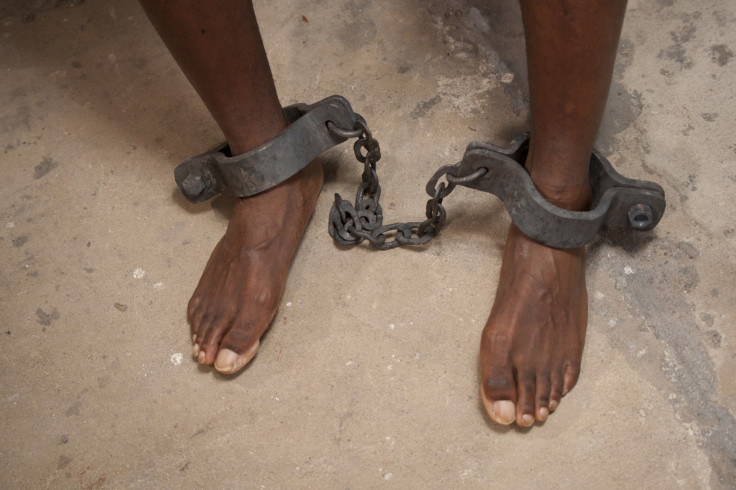Compensation for slaves being swallowed up by UK government
Indonesian domestic slave deported from the UK without any compensation.

Slavers convicted in UK courts have been forced to pay millions in compensation but less than 5% of it has made its way into the hands of their slaves, according to official figures.
Slavers have paid £3.1m ($4m) in compensation over the last three years but only £156,000 – 4.9% – has been awarded to their victims.
The government took £1.5m – almost 46% of the amends – according to Home Office data, as reported in The Times.
One victim, an Indonesian woman, told The Times that she was forced to return home empty-handed after being brought to the UK as a domestic slave.
"My employers arranged a 'holiday' to the UK. It turned out to be 16 hours' work a day, sleeping on the floor, always on call," the woman, identified only as Rohiti told The Times.
"I ran away, despite the fear of being homeless and deported. I cannot get a new job because my visa has expired. I must go home with nothing."
Anthony Steen, chairman of the Human Trafficking Foundation, said: "Victims don't get a look-in. No one knows why the courts carving up the ill-gotten gains of traffickers don't make victim compensation a first priority."
"The prime minister has made it clear that fighting slavery is 'the greatest human rights issue of our time', and the Modern Slavery Act has led to more traffickers being pursued, captured and convicted. But now a more compassionate and caring approach towards the victims is required.
"Charities fight so hard to rescue these vulnerable people. But without compensation and support, they are often left destitute, or worse they fall right back into the hands of the criminals who enslaved them," he told The Times.
The Home Office claim that the figures only revealed the money awarded to victims through confiscation orders and that they received reparations through other avenues.
But anti-slavery charity Hope for Justice claim that only three people found guilty of human trafficking have paid their victims through compensation orders in the last three years.
However, this month the charity helped win compensation for 18 victims of trafficking.
Phillipa Roberts, legal director of Hope for Justice, said that the case was a rare victory. "We have supported the victims throughout the criminal process," Phillipa Roberts, legal director of Hope for Justice, said.
"Without this, the victims may not have been able to give evidence at court, as many of them — due to systemic failings — would have been rendered homeless at the time the court case came to fruition."
© Copyright IBTimes 2025. All rights reserved.



















